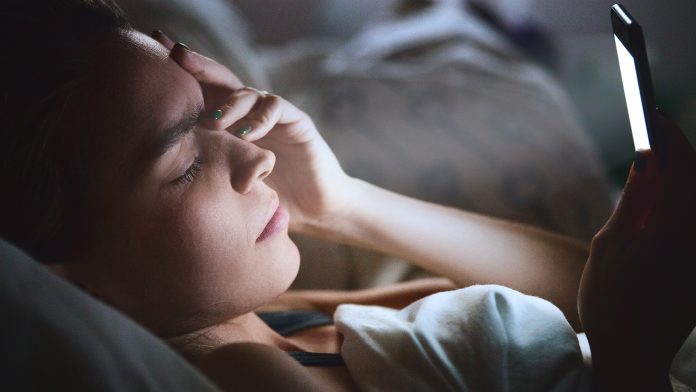
According to NYU School of Medicine, migraine sufferers who used a smartphone-based progressive muscle relaxation technique at least twice a week experienced fewer headache days per month.
Developed in part by researchers at NYU School of Medicine, the app, called RELAXaHEAD, guides patients through progressive muscle relaxation, or PMR. In this form of behavioural therapy, patients alternately relax and tense different muscle groups to reduce stress and anxiety.
The effectiveness of the app
Published in the journal Nature Digital Medicine, according to the researchers, this study is the first to evaluate the clinical effectiveness of an app for treating migraine, and adding an app to standard therapies, such as oral medications, under the supervision of a doctor.
Study senior investigator and neurologist Mia Minen explains: “Our study offers evidence that patients may pursue behavioural therapy if it is easily accessible, they can do it on their own time, and it is affordable.”
“Clinicians need to rethink their treatment approach to migraine because many of the accepted therapies, although proven to be the current, best course of treatment, aren’t working for all lifestyles.”
Migraine madness
Migraine affects over 36 million people in the United States. Primary symptoms include moderate to severe head pain that is often accompanied by nausea and sensitivity to light and sound. Patients are often prescribed drug treatments and behavioural therapy, but do not pursue the therapy even after a doctor’s recommendation because of the expense and inconvenience.
To see if an app might increase compliance, the research team analysed app use by 51 confirmed migraine patients at NYU Langone Health, all of whom owned smartphones. Participants were asked to use the app for 90 days and to keep a daily record of the frequency and severity of their headaches, while the app kept track of how long and often patients used PMR.
Study participants, on average, had 13 headache days per month, ranging between four and 31. Thirty-nine percent of patients in the study also reported having anxiety, and 30 percent had depression.
Progressive muscle relaxation therapy
PMR therapy utilising the RELAXaHEAD app dropped to 51% after six weeks, and to 29% after three months. Anticipating a gradual decrease in the use of the app, the authors next plan to identify potential ways to encourage more frequent sessions. They also plan to study the best ways to introduce the app into their clinical practices.
Minen says that taken as a whole, the study results suggest that accessible smartphone technologies “can effectively teach patients lifelong skills needed to manage their migraines.”
























